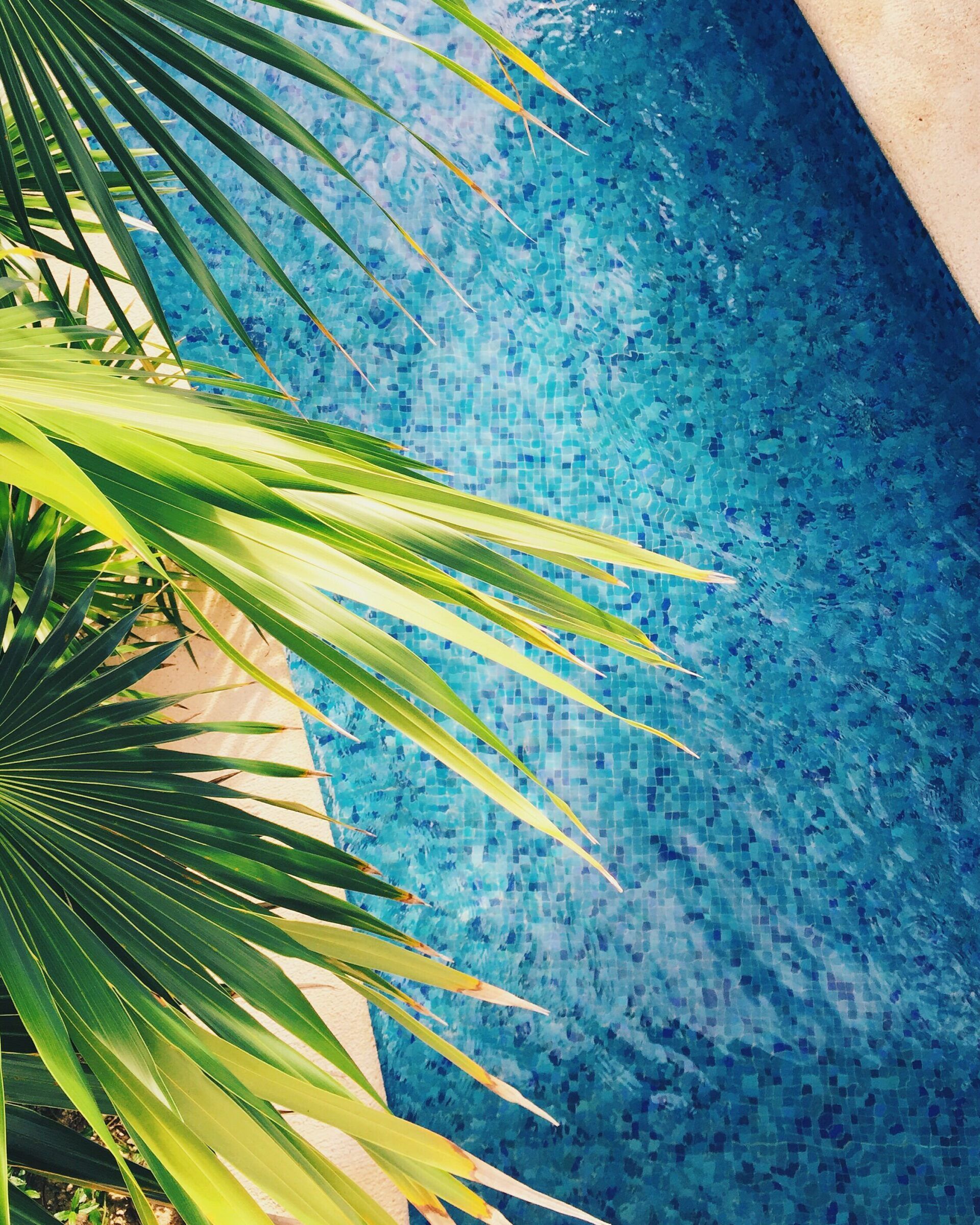PURESWIM SALTWATER POOLS & CONVERSIONS MESA, ARIZONA
Affordable & RELIABLE Saltwater CHLORINATION Conversion Services in MESA, AZ
As Arizona's third most populous city, Mesa is one of the most ideal places to live in the state. The climate especially is inviting, and Mesa's residents understand the importance of swimming pools in the hot desert temperatures. Next to air conditioners, pools are perhaps the most important feature of homes in the city. We believe that converting Mesa's pools to saltwater chlorination is the best option for the health of the city's population and the sustainability of its environment. Click here to learn about the benefits of natural saltwater chlorination for your pool.
PureSwim Saltwater Pools & Conversions is one of Mesa’s most reliable pool companies. We offer the perfect services to meet the needs of our clients, and we always do a fantastic job of ensuring that our customers are happy with the results. Our commitment to high-quality saltwater pools and customer satisfaction makes us stand out from other pool services.

MESA SALTWATER POOL EXPERTS
The chlorination of traditional swimming pools is derived from adding synthetic chemicals to the water. These chemicals and their byproducts are what create the typical swimming pool smell. They also often irritate the eyes and skin. In contrast, saltwater pools employ electrolysis in their generators, consistently producing natural chlorine that does not smell or cause irritation. In fact, our clients relate that after converting their pools, the water feels fresh and rejuvenating.
Overall saltwater pools offer an easier and much cheaper means to balancing water chemistry. The main maintenance objectives with saltwater pools are sustaining optimal salt levels and preventing salt-induced corrosion.
Opting for a saltwater pool proves to be a savvy and cost-effective choice in the long run, blending a healthy swimming environment with eco-friendly practices. Reach out today for a complimentary estimate and have our experts help you dive into a realm where each pool session is refreshing and devoid of the typical smells and irritations associated with traditional pools.
OUR SERVICES
We offer conversion of your existing pool into a saltwater pool. We also provide services for monthly and seasonal maintenance.
SERVING ALL MESA FOR SALTWATER POOL CONVERSIONS
PureSwim provides saltwater pool conversion services for our clients in Mesa, AZ. We serve many areas including these Mesa zip codes: 85201, 85202, 85203, 85204, 85205, 85206, 85207, 85208, 85209, 85210, 85211, 85212, 85213, 85214, 85215, 85216, 85274, 85275
GET A FREE QUOTE
CONTACT US
PureSwim Saltwater Pools & Conversions
Location: Mesa, Arizona
Phone: 623-321-2141
Email: info@pureswimpools.com
Service Areas:
- Glendale
- Phoenix
- Scottsdale
- Tempe
- Mesa
- Gilbert
OUR SERVICE AREA LOCATIONS
List of Services
-
Glendale Write a description for this list item and include information that will interest site visitors. For example, you may want to describe a team member's experience, what makes a product special, or a unique service that you offer.
List Item 1 -
Phoenix Write a description for this list item and include information that will interest site visitors. For example, you may want to describe a team member's experience, what makes a product special, or a unique service that you offer.
List Item 2 -
Scottsdale Write a description for this list item and include information that will interest site visitors. For example, you may want to describe a team member's experience, what makes a product special, or a unique service that you offer.
List Item 3 -
Tempe Write a description for this list item and include information that will interest site visitors. For example, you may want to describe a team member's experience, what makes a product special, or a unique service that you offer.
List Item 4 -
Mesa Write a description for this list item and include information that will interest site visitors. For example, you may want to describe a team member's experience, what makes a product special, or a unique service that you offer.
-
Gilbert Write a description for this list item and include information that will interest site visitors. For example, you may want to describe a team member's experience, what makes a product special, or a unique service that you offer.
